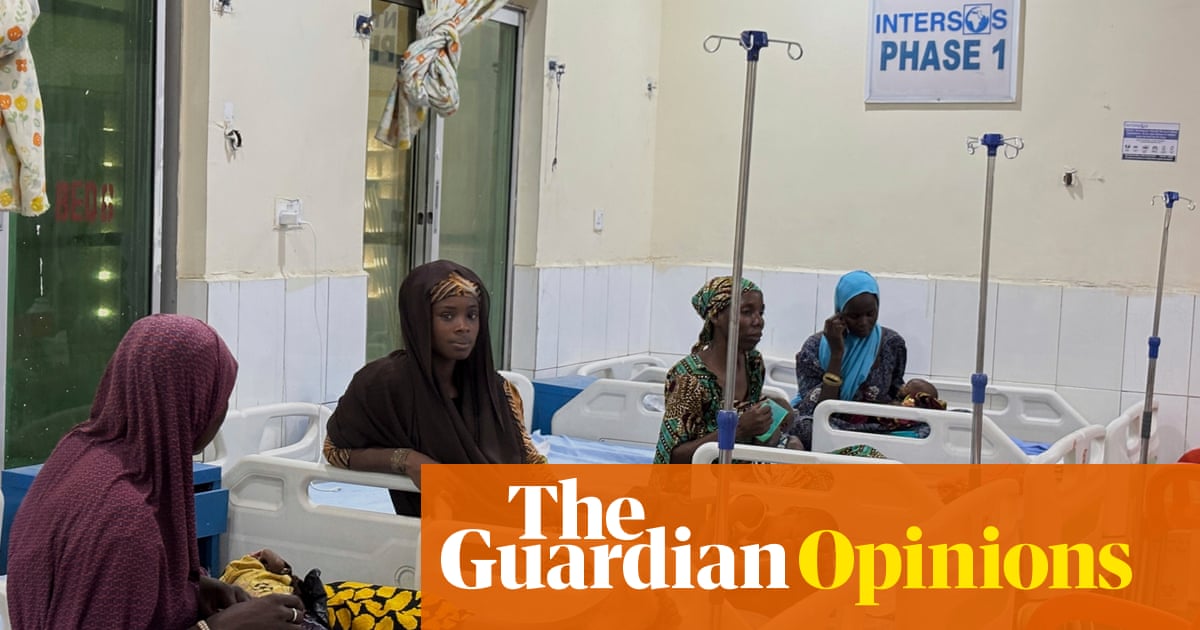A lack of supported housing was the biggest reason for delayed discharges from mental health hospitals in England last year, costing the NHS about £71m, according to a report.
Analysis from the National Housing Federation (NHF) found that in 2023-24 there were 109,029 days of delayed discharge because mental health patients were waiting for supported housing, and the number of people stuck in hospital as a result of housing-related issues had more than tripled since 2021.
In September 2024, waiting for supported housing was the single biggest reason mental health patients, fit for discharge, were unable to leave, accounting for 17% of all delays. This lack led to a strain on NHS capacity and a rise in patients being sent out of area for hospital admission, the report found.
Rhys Moore, director of public impact at the NHF, said: “Not only are tens of thousands of people, who deserve the opportunity to live a healthy, happy and independent life, being failed, but the shortage of these homes is increasing pressure on public services, increasing homelessness, and costing the NHS and ultimately the taxpayer more in the long run.”
There are about half a million supported homes across England, but numbers are falling, and an NHF survey found that one in three (32%) supported housing providers in England have had to close schemes in the past year owing to financial pressures.
Chris Hampson, chief executive of Look Ahead, which provides specialist supported accommodation in London and the south-east, said the industry was facing a “perfect storm.
“Never in our 50-year history have we known challenges like it. We and others are having to withdraw from contracts and close services where we have been left with no alternative but to run them at a loss,” he said. “In the last few years, it has got ridiculously tough – you’ve got inflation, recruitment costs, local government budget cuts.
“Yet there’s so much demand, particularly post-Covid, around the mental health pressures we’re seeing.”
One resident at Look Ahead’s Ibis Step-down, a supported accommodation centre in Newham, east London, helping people transition from hospital to independent living, said it was “the best place for my recovery”.
The man in his 30s, who asked to remain anonymous, had struggled with drug addiction issues and was evicted shortly before he was admitted to a mental health hospital ward where he spent a number of weeks.
“I feel like I’m much better off in here than in hospital,” he said. “[The hospital] felt like I was all right. The way we were talking, I could tell they thought, you’re wasting my bed, you don’t need to be here. But I had been evicted, I had nowhere to go.
“I was really struggling in there, it was noisy and stressful at times. Living here, I feel like I can breathe and start getting myself back together again.”
Sophie Boobis, head of policy and research at membership charity Homeless Link, said there needed to be a greater understanding of how the NHS and supported housing crises were interconnected.
“A lack of sufficient and appropriate provision in the community is stopping people moving out of hospital, and then you get this cycle of people not being able to move in to get treatment because [hospitals] are clogged up,” she said.
after newsletter promotion
“Our healthcare system needs to understand it’s got a stake in the delivery of these supported accommodation services. These are not separate issues. They shouldn’t be seen as just a bed to discharge someone into, they also ensure that people stay well.”
She said the solution was not just more funding for the sector, but more “purposeful” spending of money on tailored accommodation for specific needs.
The NHF report called on the government to integrate health and housing in its upcoming national housing strategy and NHS 10-year plan, and said integrated care boards (which manage NHS budgets in local areas) and housing providers should work together more.
David Fothergill, chair of the Local Government Association’s community wellbeing board, said without long-term investment in the sector, “many people remain in hospital longer than necessary, adding pressure to an already stretched health and social care system”.
“Councils are committed to providing high-quality supported housing, but years of underfunding have made this increasingly difficult,” he said. “There is a clear need for a dedicated housing support fund and greater investment in preventative care services, and the upcoming spending review presents a crucial opportunity for the government to do this.”
A government spokesperson said: “This government has inherited the worst housing crisis in living memory, including a shortage of supported housing.
“We are determined to turn the tide which is why we have committed to the biggest increase in social and affordable housebuilding in a generation, as part of our ambition to build 1.5m new homes.
“Our 10-year health plan, backed by a £26bn boost for the NHS and social care, will shift the focus of care from hospital to community and tackle delayed discharges by improving the links between the NHS and social care to free up hospital beds.”

.png) 3 months ago
40
3 months ago
40

















































